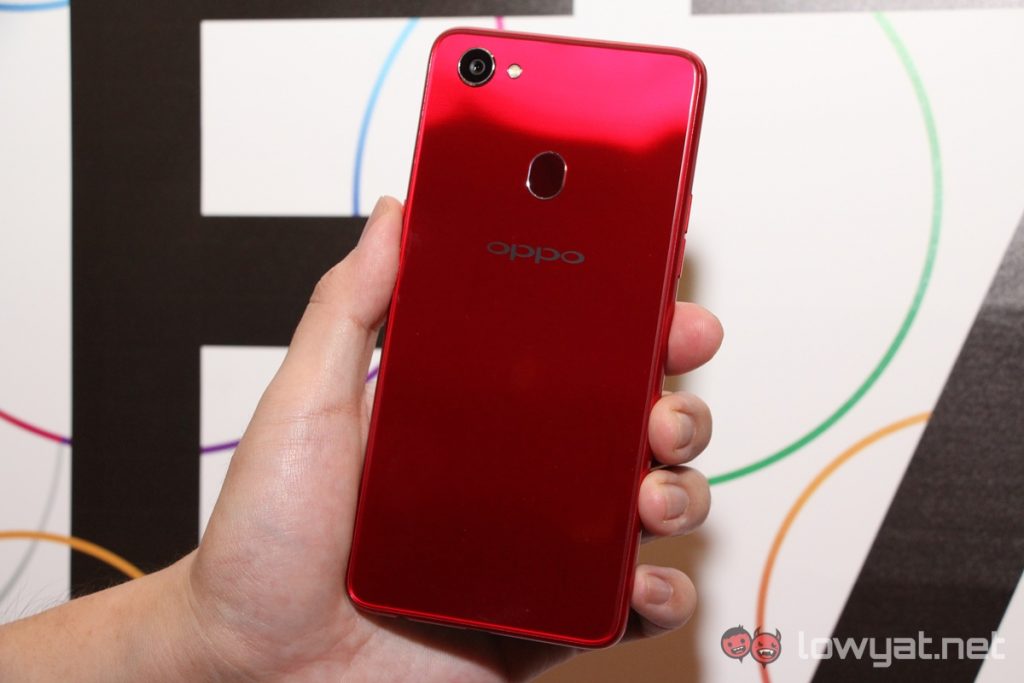The reason behind the delisting stems from UL’s discovery that the smartphones produced benchmark scores that were both artificially and unusually higher than average. The tests were done using a publicly downloadable version of 3DMark, as well as a private version that’s not available to the public. Despite both being identical tests, the differences in the results were pretty obvious. To be precise, UL said that the differences in the score indicated that the devices are recognising the 3DMark benchmark app by name, instead of adapting to the type of app.
OPPO has publicly defended its products’ benchmarks, stating that the affected devices limit system performance down to as low as 70% of the maximum performance when running unknown apps. The company also states that the devices will only use full power when the devices detect apps like games or 3D benchmarks, or when there’s user interaction. For what it’s worth, OPPO also stated that it is working on upgrading the system to better distinguish the requirement of undetected apps, or the needs of users. (Source: UL Benchmarks)
